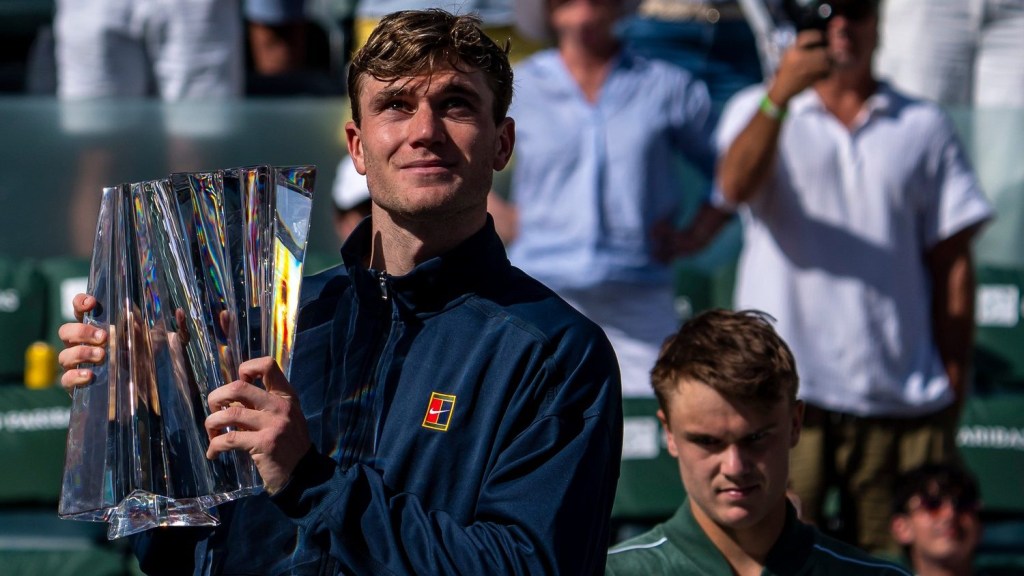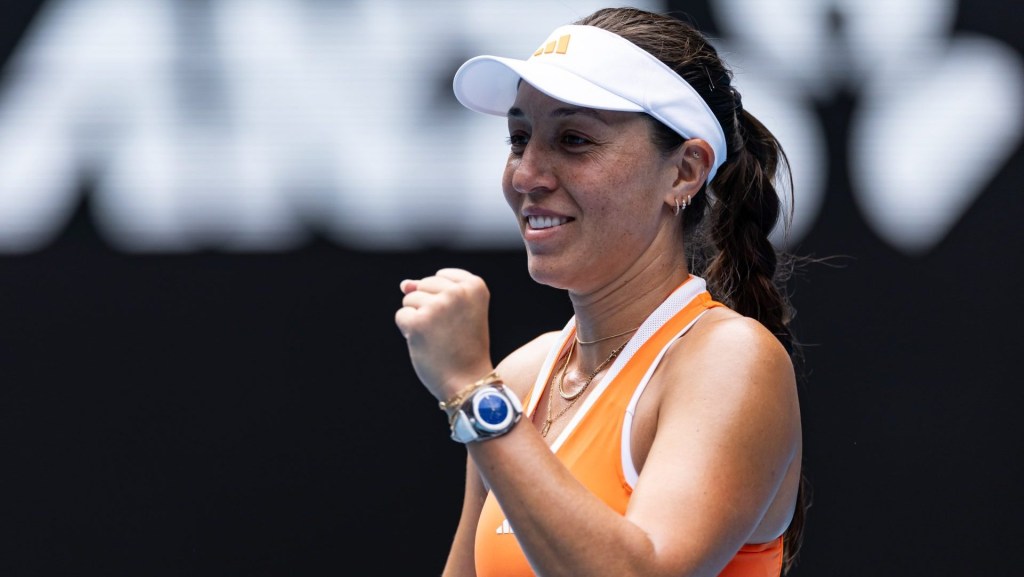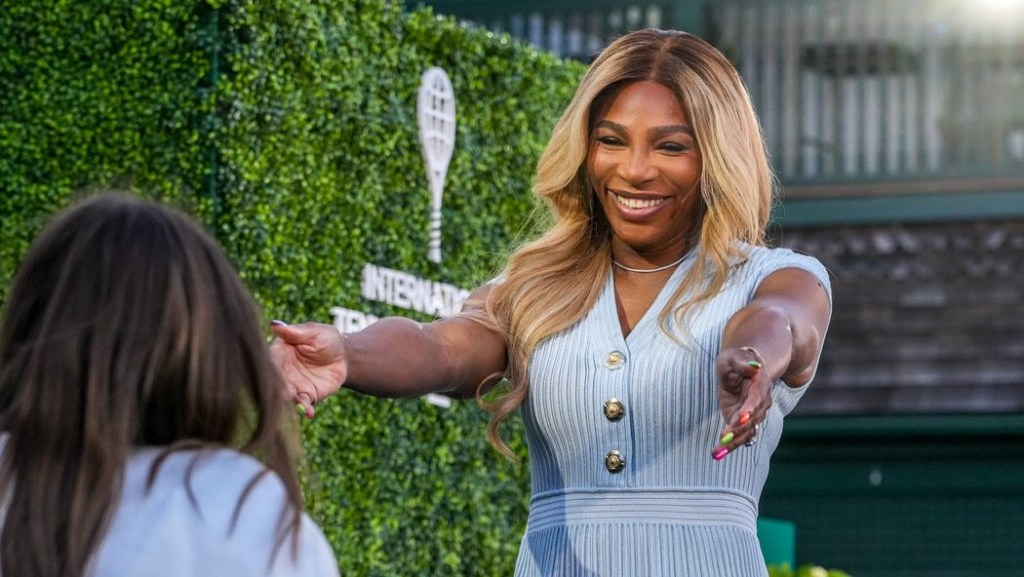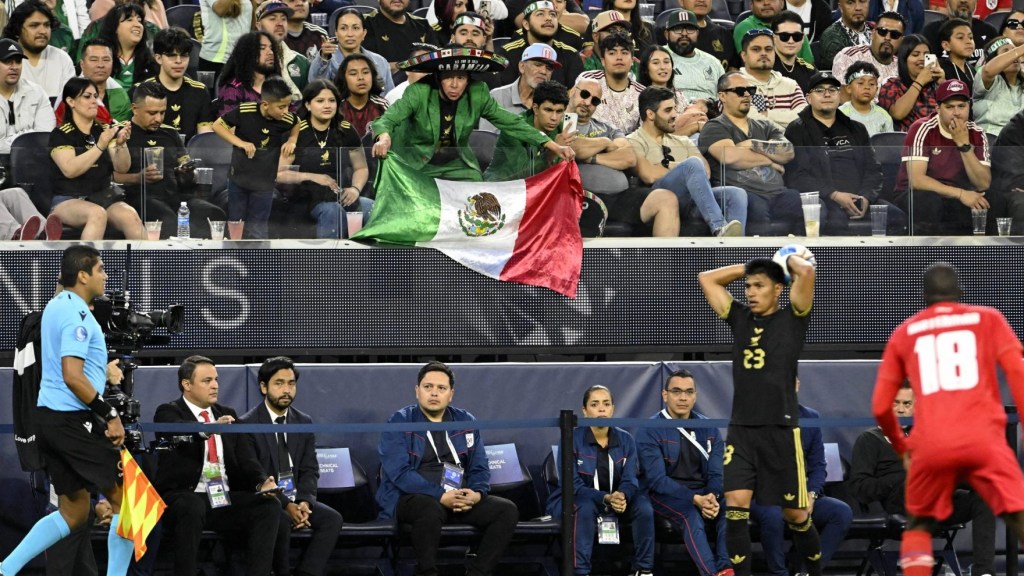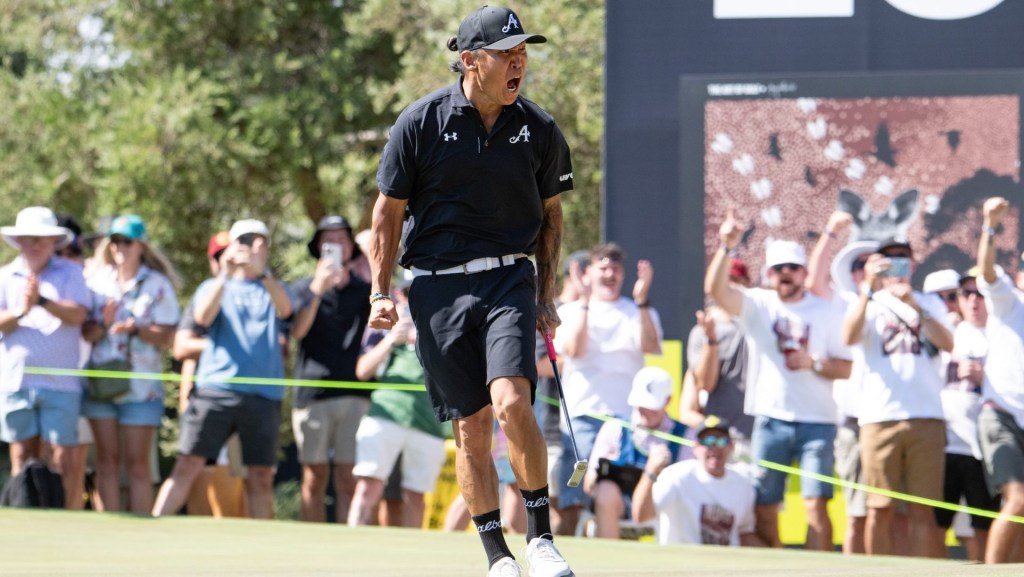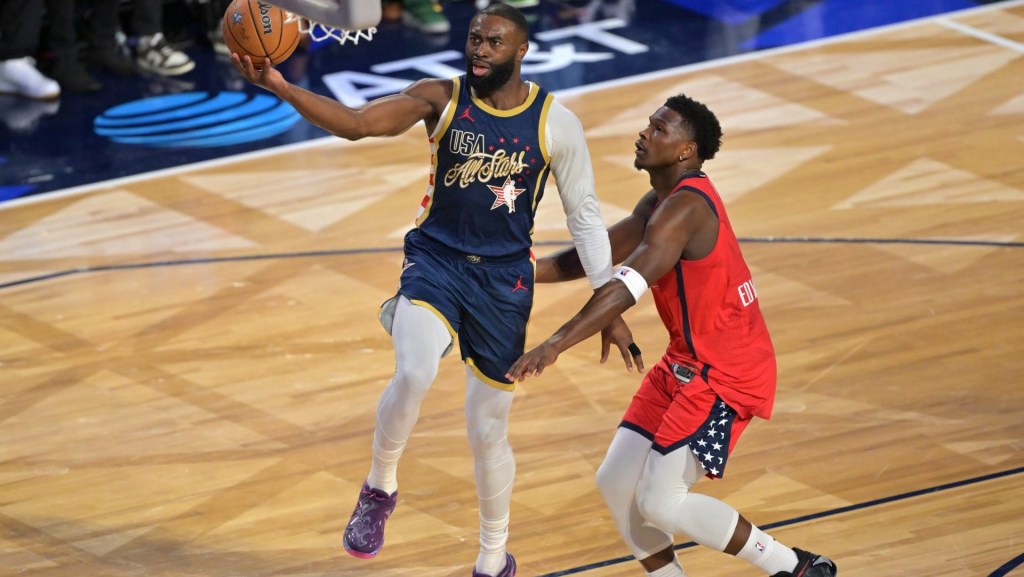It’s one of the most viral moments of the Paris Olympics: American Cole Hocker comes from behind to pass world champion Josh Kerr of Great Britain to win gold in the men’s 1,500-meter final, as American Yared Nuguse squeaks into third. “He upsets the favorites, it’s gold for the USA!” bellows the announcer. A video of Hocker’s father screaming an expletive and cheering as he watches his son take the lead has gone viral in its own right.
It was the first time two U.S. athletes reached the podium in the event since 1912. And in what feels like a rare win for the NCAA these days, all three of the medalists came through the U.S. collegiate pipeline, a rarity in global distance running.
The three fastest runners also all share the same agent. Ray Flynn, a former runner himself who competed for Ireland at the 1980 and 1984 Games, now represents dozens of professional runners, mostly from the U.S.
“I’ve been to a lot of Olympics and I’ve been to a lot of great 1,500s and miles in my time, and that was the greatest one I’ve ever seen,” Flynn tells Front Office Sports. He says the personalities and drama on top of the speed and competition were what made it so exciting, and the race was “by far” his highlight of the Games.
Flynn spends only a portion of his time in Paris at the stadium. Otherwise, he’s helping athletes do their media hits, fulfill their obligations with sponsors, and get logistics figured out for races later in the summer after the Olympics are over. According to the list of clients on his website, Flynn has at least 20 runners competing in Paris.
For Flynn’s champions like Hocker, the benefits off the track are substantial, especially in a financially challenging sport like running. Starting this year, gold medalists receive $50,000 from World Athletics. The U.S. also doles out $37,500 for gold, $22,500 for silver, and $15,000 for bronze. Plus, many athletes have performance-based clauses in their contracts with sponsors, which can add bonuses for world rankings and medals, and even increase their base salary going forward. Flynn has athletes signed to all the major running shoes: Nike, On, Hoka, Brooks, Puma, Asics, New Balance, and Adidas.
“It is great for them commercially, and they’ll get rewarded now more than ever,” Flynn says. “Whether you make a lot of profit from it, that’s wonderful, but it’s not the reason I think they do it. … It’s what they’ve dreamed and planned on all their life.”
Now based in Tennessee, nearby where he ran track and cross-country for East Tennessee State, Flynn largely signs athletes who competed at the NCAA level before they turned pro. He said he first noticed the growing dominance of former NCAA athletes at the 2023 World Championships in Budapest.
“It’s not surprising, but I am noticing a shift,” Flynn said. “More and more athletes are coming from the NCAA system.”
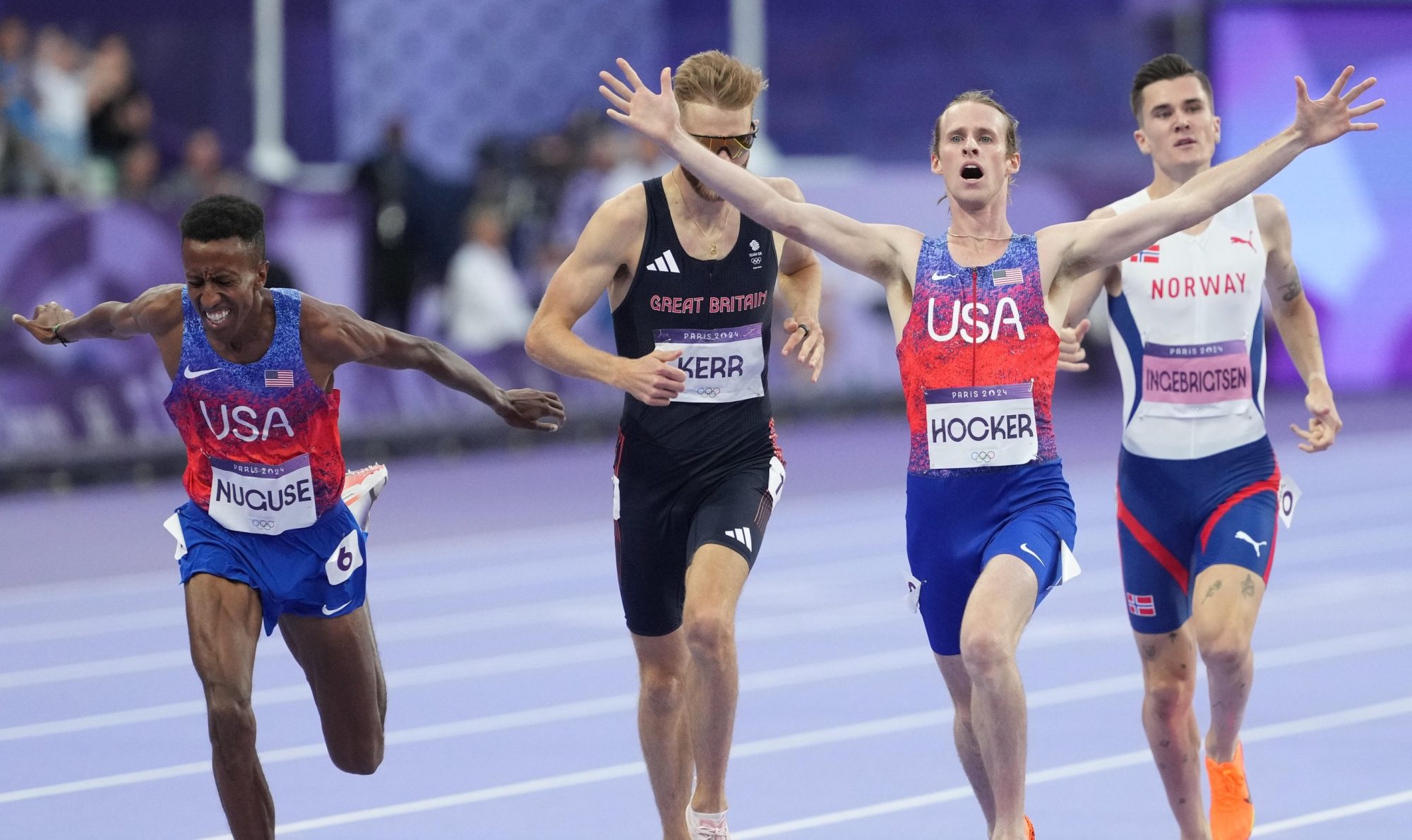
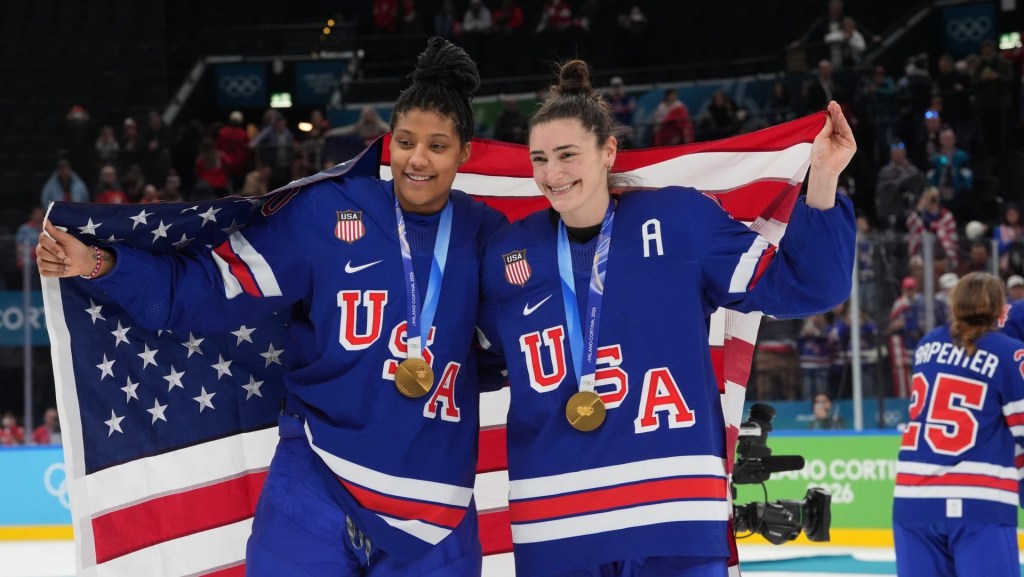
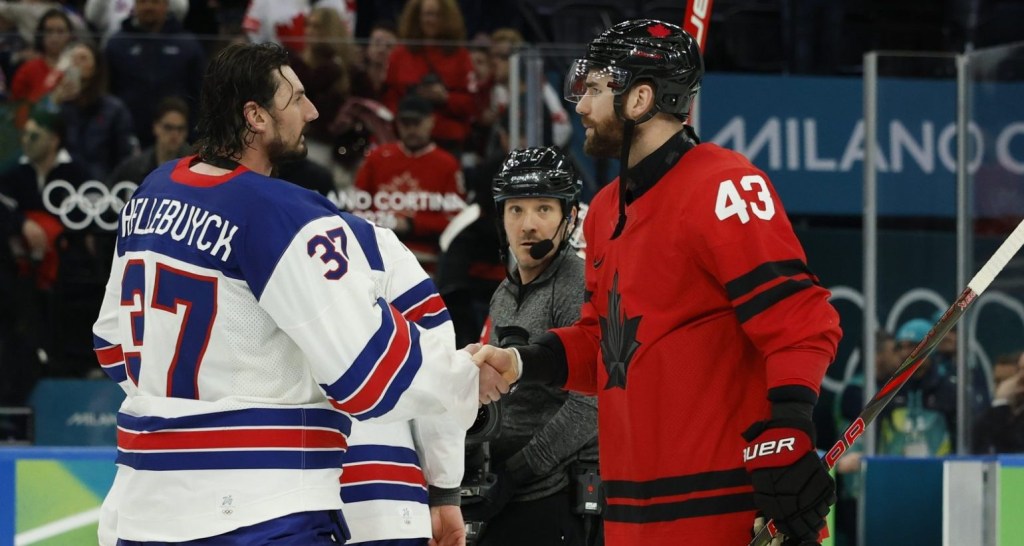
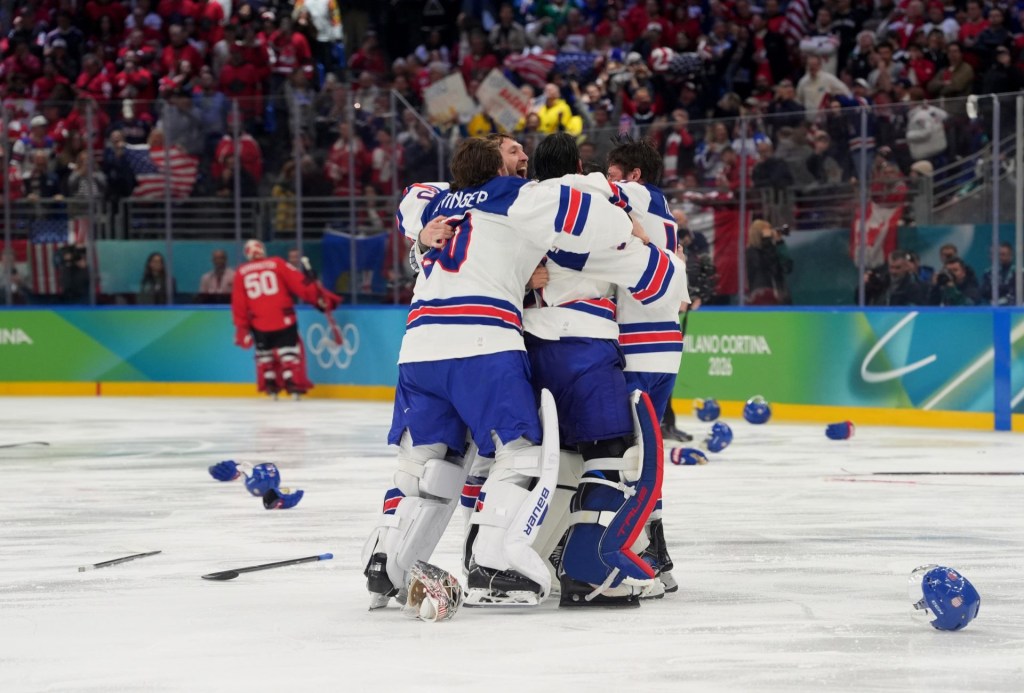
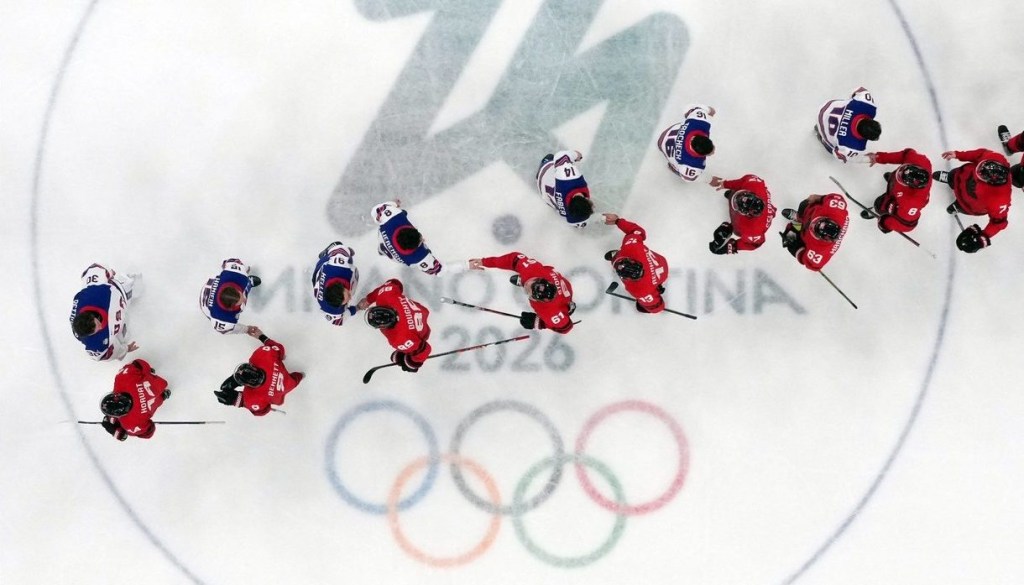

![[Subscription Customers Only] Jun 15, 2025; Seattle, Washington, USA; Botafogo owner John Textor inside the stadium before the match during a group stage match of the 2025 FIFA Club World Cup at Lumen Field.](https://frontofficesports.com/wp-content/uploads/2026/02/USATSI_26465842_168416386_lowres-scaled.jpg?quality=100&w=1024)
![[Subscription Customers Only] Jul 13, 2025; East Rutherford, New Jersey, USA; Chelsea FC midfielder Cole Palmer (10) celebrates winning the final of the 2025 FIFA Club World Cup at MetLife Stadium](https://frontofficesports.com/wp-content/uploads/2026/02/USATSI_26636703-scaled-e1770932227605.jpg?quality=100&w=1024)


